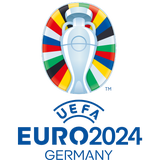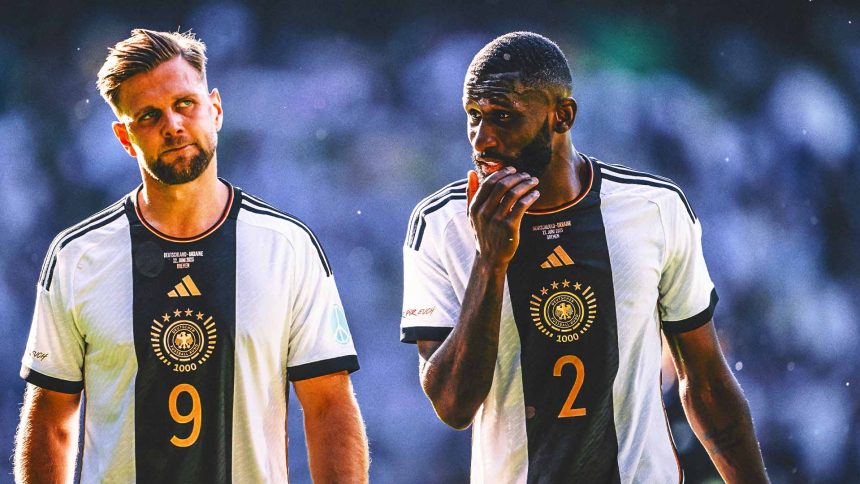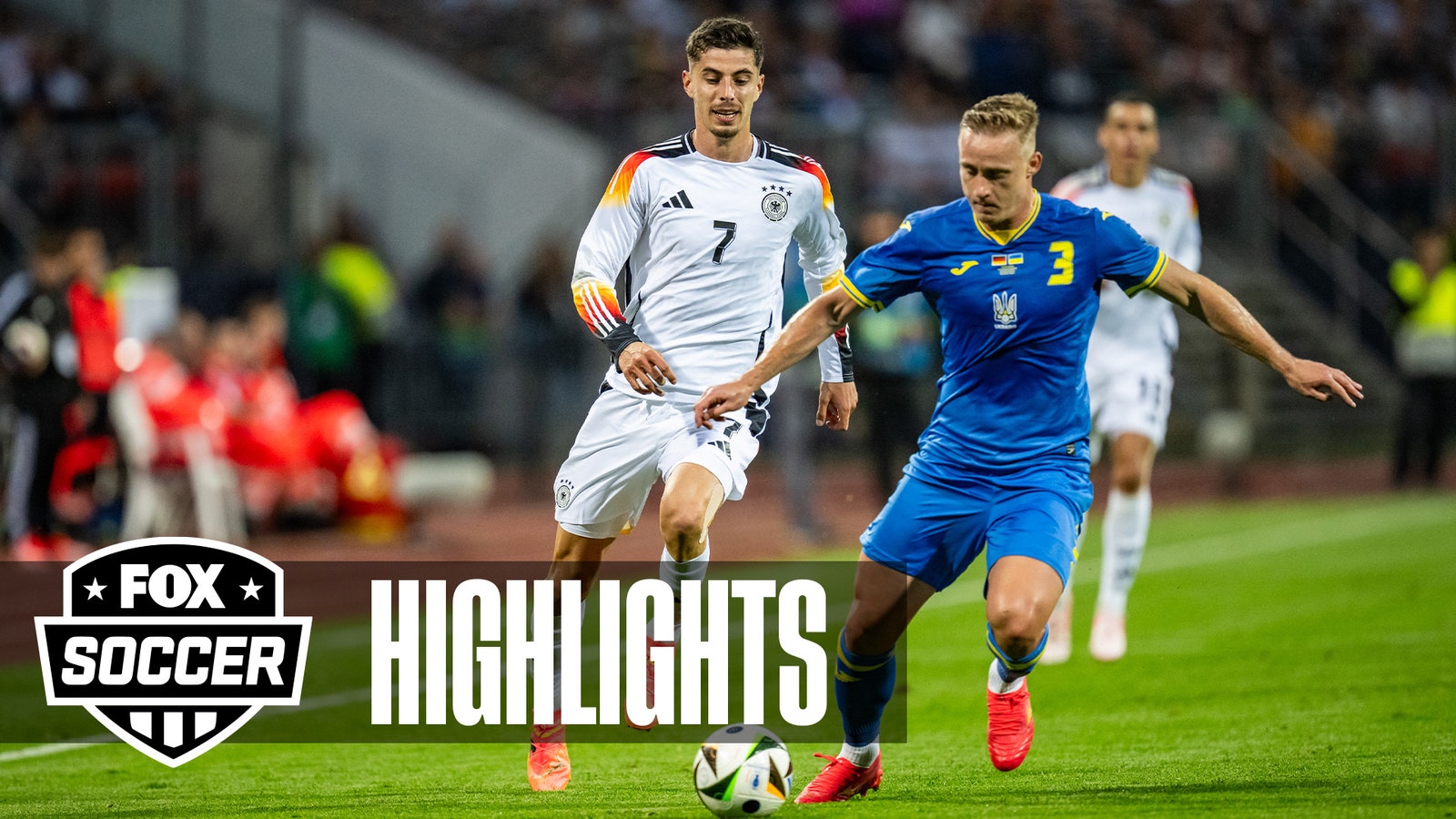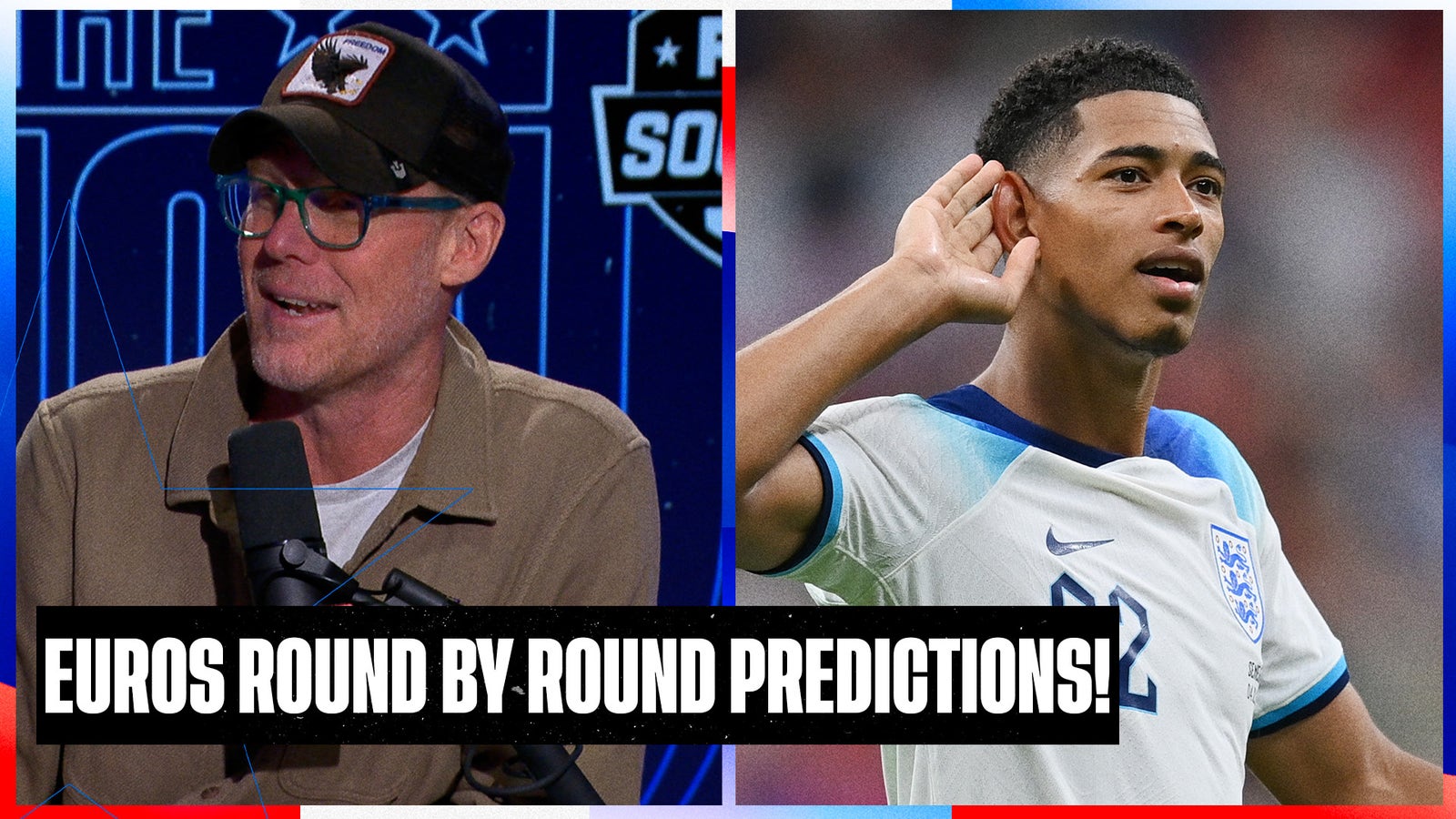Fighting, form, and fun are the three big takeaways from Germany’s preparations for its Euro 2024 opener, as the host nation enters the event in a beguiling spot where anything could happen.
The fighting part came from a push-and-shove training ground altercation this week between fullback Antonio Rudiger and striker Niclas Fullkrug, an instant headline-grabber that cast further doubt on a team whose build-up under head coach Julian Nagelsmann has been far from perfect.
Nagelsmann’s Germany takes on Scotland in Munich on Friday (3 p.m. ET on FOX) to kick off the tournament, having endured a miserable run in friendlies over the past year, including defeats to Colombia, Poland, Japan, Turkey and Austria.
ADVERTISEMENT
And yet, despite all that, the coach believes it is a vibrant sense of humor — something not always associated with the German psyche, perhaps unfairly — that will serve him and his squad best over the coming weeks.
While the Rudiger/Fullkrug aggravation generated a wave of media attention, the message from the camp is that the fracas is actually a positive sign, a clearing of the air between two players who met in the Champions League final, and a display of just how much this summer means to the players.
“I see it as a good thing when situations like this occur,” midfielder Toni Kroos told reporters. “Though I had to calm things down a little, it wasn’t too serious. Niclas knows he is the one to blame if he gets into an altercation with Toni.”
The ideal scenario for Germany is that this event mirrors the 2006 World Cup, when a German side under Jurgen Klinsmann entered its home tournament with low expectations but rode an increasing wave of national support to reach the semifinals, where it was unlucky to lose to eventual champion Italy.
Worst case — well, from Stuttgart to Leipzig and everywhere in between, no one much wants to talk about that. However, a group stage elimination at the last two World Cups and a round of 16 thumping by England at the last Euros were particularly un-German in their outcome, and showed what can happen if things don’t click.
Another early exit would be disastrous this time around, as hosting rights confer an advantage no nation wishes to squander.
The 2020 Euros (delayed to 2021) was spread around Europe, but England made the final having been boosted by the knowledge that the latter stages of the competition would be at London’s Wembley Stadium. In 2016, host France lost in the final to Portugal. In 2004, Portugal managed the same feat before being upset by shock champion Greece.
And co-host Netherlands looked locked for a shot at the title in 2000 before missing two penalties in regulation against 10-man Italy in the semi, then three more in the shootout.
“It will be challenging, and it’s certainly not a chance that comes around very often,” Nagelsmann told UEFA.com. “It’s only the second time Germany has hosted a European Championship.”
When hosting in 1988, West Germany lost in the semis to a brilliant Netherlands team that would later lift the trophy.
“To take part in a tournament on home soil is a unique opportunity. There is pressure involved, but more so joy,” Nagelsmann added. “If we can see that joy on the pitch, then we will have a great tournament.”
Some of that joy is incorporated in Nagelsmann’s free-wheeling and sometimes radical approach to tactics, perhaps no surprise given the German Bundesliga’s growing reputation for fearless innovation.
Two of his most exciting players are just 21, Jamal Musiala and Florian Wirtz — and if you can name a player who is coming off a more transcendent club season than Bayer Leverkusen’s brilliant attacking force, Wirtz, then you’ll leave me impressed.
Kroos will retire after the tournament following a stunning run of success with Real Madrid at the club level, while veteran superstars Manuel Neuer and Thomas Muller are reportedly a year away from calling it a day. The squad has a reasonable blend of youth and experience, and will likely need both elements to fit seamlessly.
Group A doesn’t look to be particularly taxing. After all, one of the privileges of hosting is securing a guaranteed top seed, and Germany will like its chances of being a cut above Scotland, Hungary and Switzerland.
Predicting such things is a fool’s errand, and the Euros invariably throws up unpredictable results, but it is tempting to look ahead to the bracket and notice that, if things go to plan, a truly mouthwatering quarterfinal against the Group of Death winner (Spain, Croatia or defending champion Italy) could beckon down the road.
“It’s probably not best for us to make this big claim that we’re going to become European champions,” Nagelsmann said. “I think it’s the same for every country that participates, otherwise they wouldn’t put in the work to qualify.
“Every teams that gets into the tournament has the idea of winning it. And of course, we also have the idea of winning it. If we give it our all, it can happen.”
Martin Rogers is a columnist for FOX Sports. Follow him on Twitter @MRogersFOX and subscribe to the daily newsletter.
[Want great stories delivered right to your inbox? Create or log in to your FOX Sports account, follow leagues, teams and players to receive a personalized newsletter daily.]
recommended

Get more from UEFA Euro Follow your favorites to get information about games, news and more












